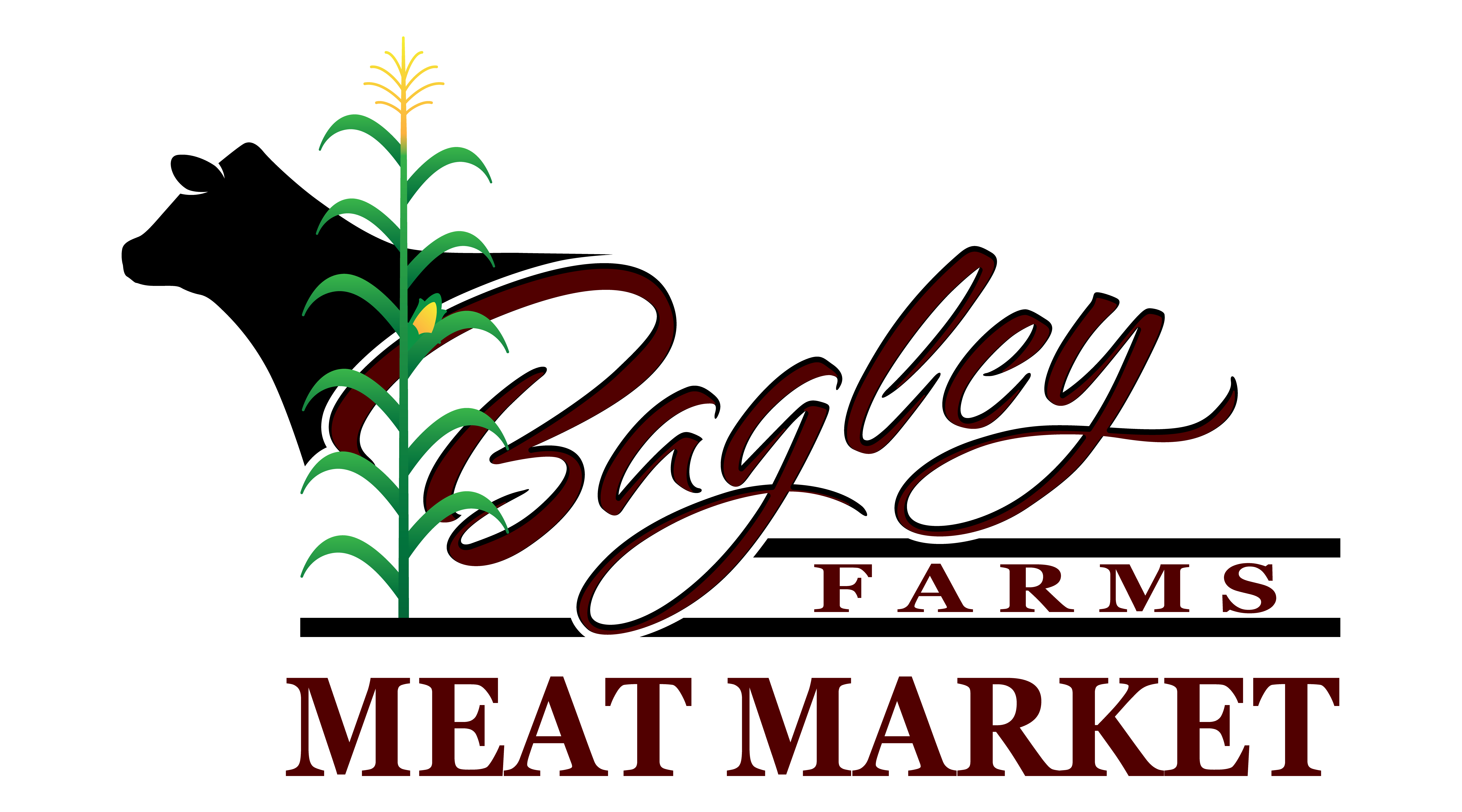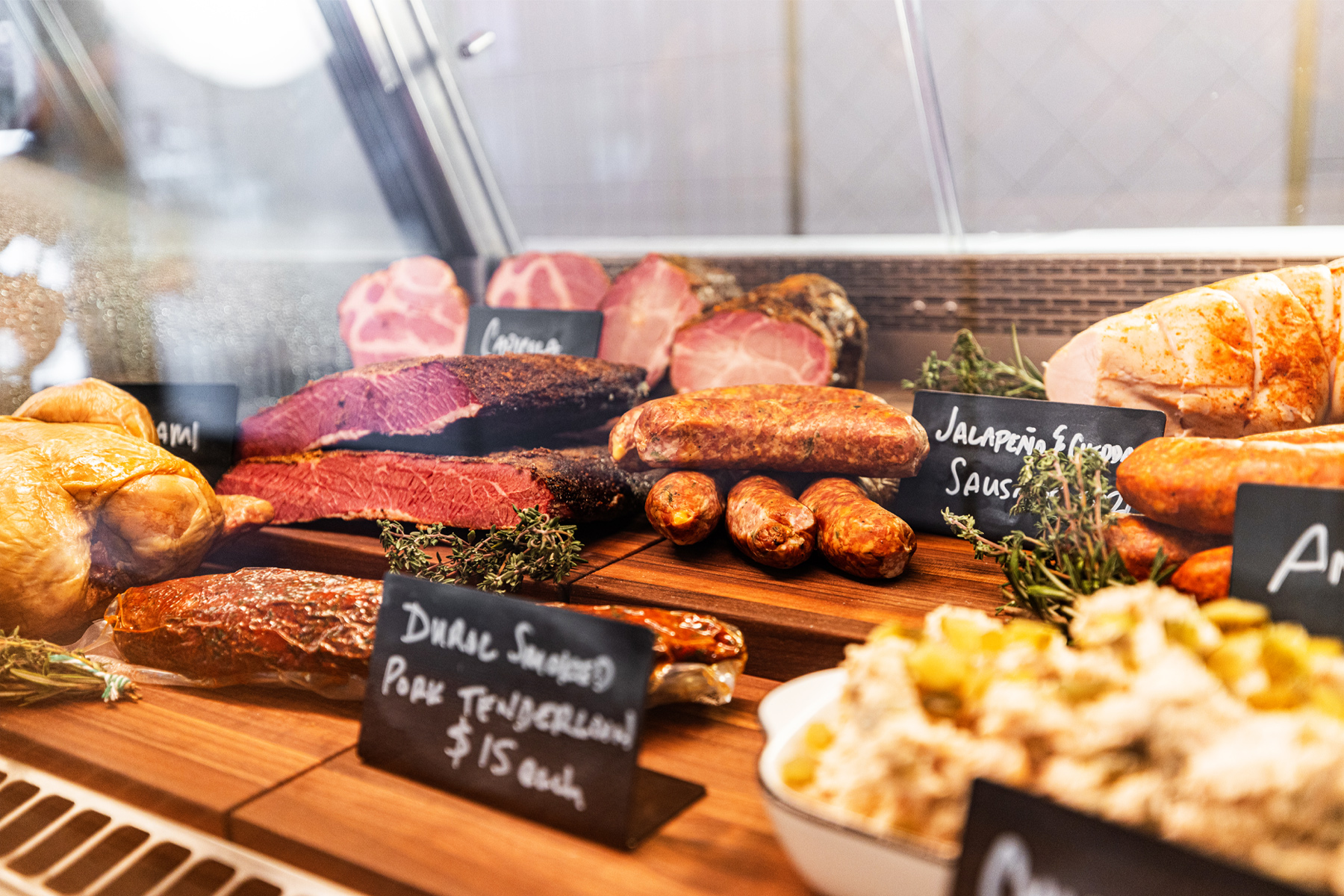Why Choosing a Meat Market Over a Grocery Store Makes a Difference in Taste and Quality
The difference in between buying meat from a specific market versus a grocery store commonly lies in the nuanced layers of preference and top quality. Meat markets generally emphasize quality, sourcing their items from regional farms, which not just improves flavor yet likewise fosters lasting methods. bagley meat market edwardsville il.

Quality of Products
Prioritizing quality is a considerable advantage of picking a meat market over a grocery store. Meat markets generally provide products that are sourced in your area and processed with a concentrate on keeping ideal freshness. Unlike grocery stores, where meat may be stored for extensive periods, meat markets usually get daily distributions, making sure that their stock is continually renewed with high-quality cuts.
Moreover, meat markets typically have an extra efficient supply chain, decreasing the time from ranch to table. This rapid turn over not just improves the taste and appearance of the meat but additionally provides clients with guarantee regarding the high quality of the items they acquire. The competent butchers at meat markets can additionally offer useful understandings into the freshness of their offerings, as they are totally knowledgeable about their suppliers and the conditions under which the meat is managed.
Furthermore, meat markets frequently prioritize whole cuts and specialized things that might not be available in supermarkets, permitting customers to explore a range of alternatives that are fresher and more delicious. This dedication to freshness inevitably adds to a premium culinary experience, making meat markets an attractive option for critical consumers.
Sourcing and Sustainability
The commitment to high quality at meat markets expands past quality to encompass sourcing and sustainability practices. Unlike large supermarkets, which often count on mass-produced items, meat markets prioritize local and ethical sourcing. This technique not only sustains regional farmers and breeders but also lowers the carbon impact connected with moving meat over cross countries.

Furthermore, meat markets often use a range of cuts and specialized meats that show the seasons and neighborhood cooking practices. This dedication to sustainability cultivates a link in between customers and their food sources, promoting transparency regarding the origins of the meat they purchase. By choosing meat markets, consumers can enjoy not only enhanced flavors but also the complete satisfaction of supporting sustainable and accountable agricultural practices.
Expert Understanding and Guidance
While buying at a meat market, clients gain from the professional expertise and individualized suggestions supplied by competent butchers. These experts are normally trained and have extensive experience in the meat sector, enabling them to supply understandings that go far past the basics found in a supermarket. They can direct clients on choosing the ideal cuts for details dishes or events, ensuring optimum flavor and tenderness.

On top of that, butchers typically take the time to engage with customers, responding to concerns and sharing pointers that are not readily available in a supermarket setup. This degree of customized solution fosters a much deeper link between consumers and their food, eventually boosting the Related Site overall cooking experience. By choosing a meat market, consumers access to a wide range of understanding that can dramatically influence their food preparation and satisfaction of meat.
Taste Profiles and Variety
When exploring the offerings at a meat market, customers are typically awarded with a diverse array of taste accounts and cuts that are commonly inaccessible in grocery stores. Unlike mass-produced meat products, which typically prioritize uniformity, meat markets curate their selections based on quality and regional uniqueness. This causes a range of meats that show special tastes, textures, and preparation methods.

Seasonal and locally sourced choices better enhance the experience, as these items often possess remarkable freshness and taste. The well-informed butchers at meat markets can assist customers on the most effective cuts for certain dishes, making sure that each selection straightens with wanted taste profiles and food preparation methods. On the whole, the variety and quality found in meat markets not only raise the cooking experience yet additionally encourage exploration and experimentation in home cooking.
Supporting Regional Economic Climates
Picking a meat market not just boosts cooking experiences via varied taste accounts yet additionally plays a significant role in supporting regional economic situations (bagley meat market edwardsville il). They are extra most likely to involve with services that resource their products from neighborhood ranches and manufacturers when customers choose for meat markets over bigger grocery store chains. This this website technique cultivates a lasting farming atmosphere, motivating farmers to preserve standard techniques that produce high-grade meats
Furthermore, meat markets usually employ neighborhood staff, which adds to work development and retention within the community. The financial effect prolongs past the prompt company; money invested at local establishments often tends to distribute within the community, profiting different sectors such as transportation, retail, and marketing. This local financial investment assists enhance the total financial health of the location.
Furthermore, meat markets typically emphasize transparency and moral sourcing methods, which resonate with customers significantly concerned regarding the origins of their food. By picking to buy from these establishments, consumers not just enjoy premium products yet likewise attest their dedication to supporting their community's economic situation. Essentially, picking a meat market is an intentional choice that nurtures both personal satisfaction and wider financial vigor.
Conclusion
Picking a meat market over a grocery store considerably affects preference and top quality. Generally, the advantages of picking a meat market extend beyond individual preferences, influencing broader financial and environmental factors while boosting the art of food preparation.
Unlike grocery stores, where meat might be saved for extensive durations, meat markets often obtain daily deliveries, guaranteeing that their inventory is constantly restored original site with high-quality cuts.
The experienced butchers at meat markets can also offer important insights right into the freshness of their offerings, as they are thoroughly acquainted with their providers and the problems under which the meat is managed.
Furthermore, meat markets frequently supply a range of cuts and specialty meats that mirror the seasons and local cooking traditions. By picking a meat market, consumers gain accessibility to a wealth of expertise that can considerably impact their food preparation and pleasure of meat.
Unlike mass-produced meat items, which typically prioritize uniformity, meat markets curate their options based on high quality and regional uniqueness.